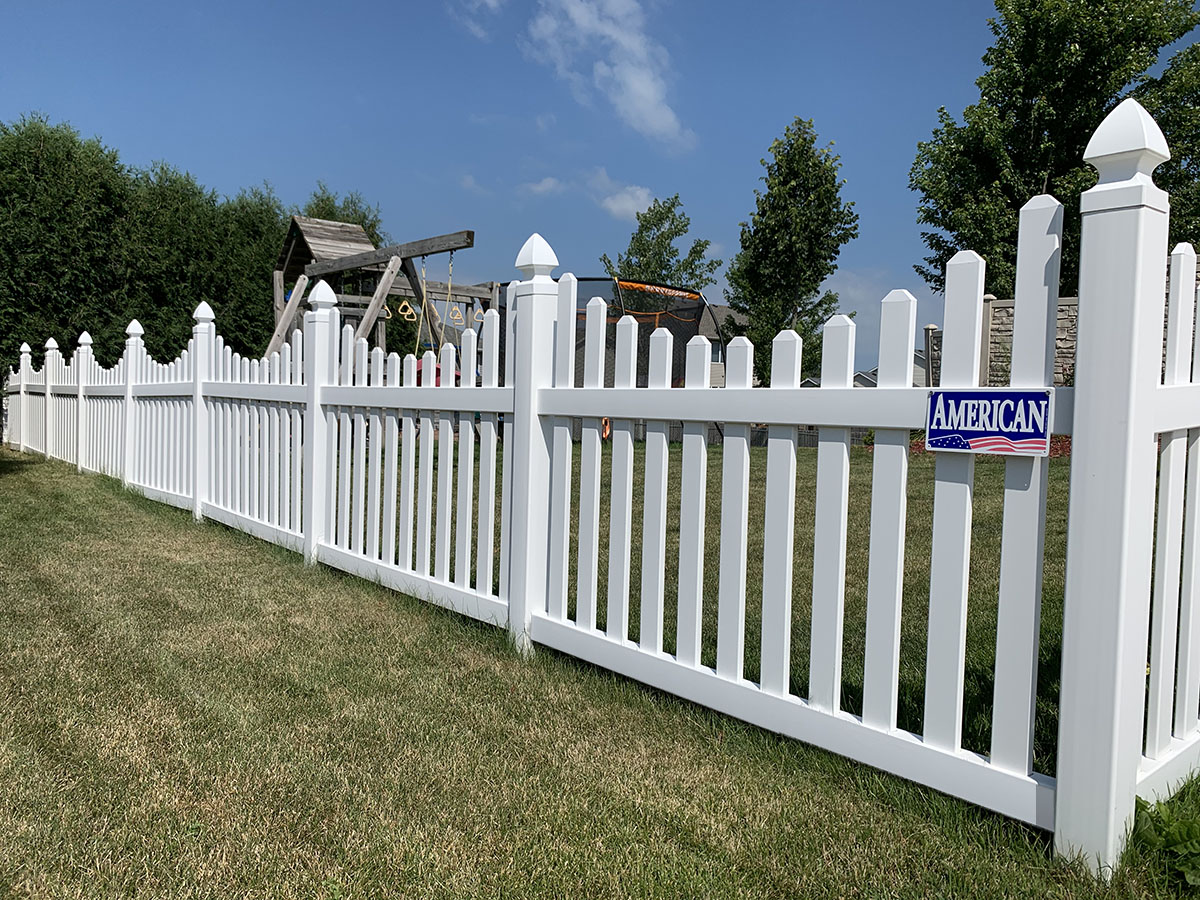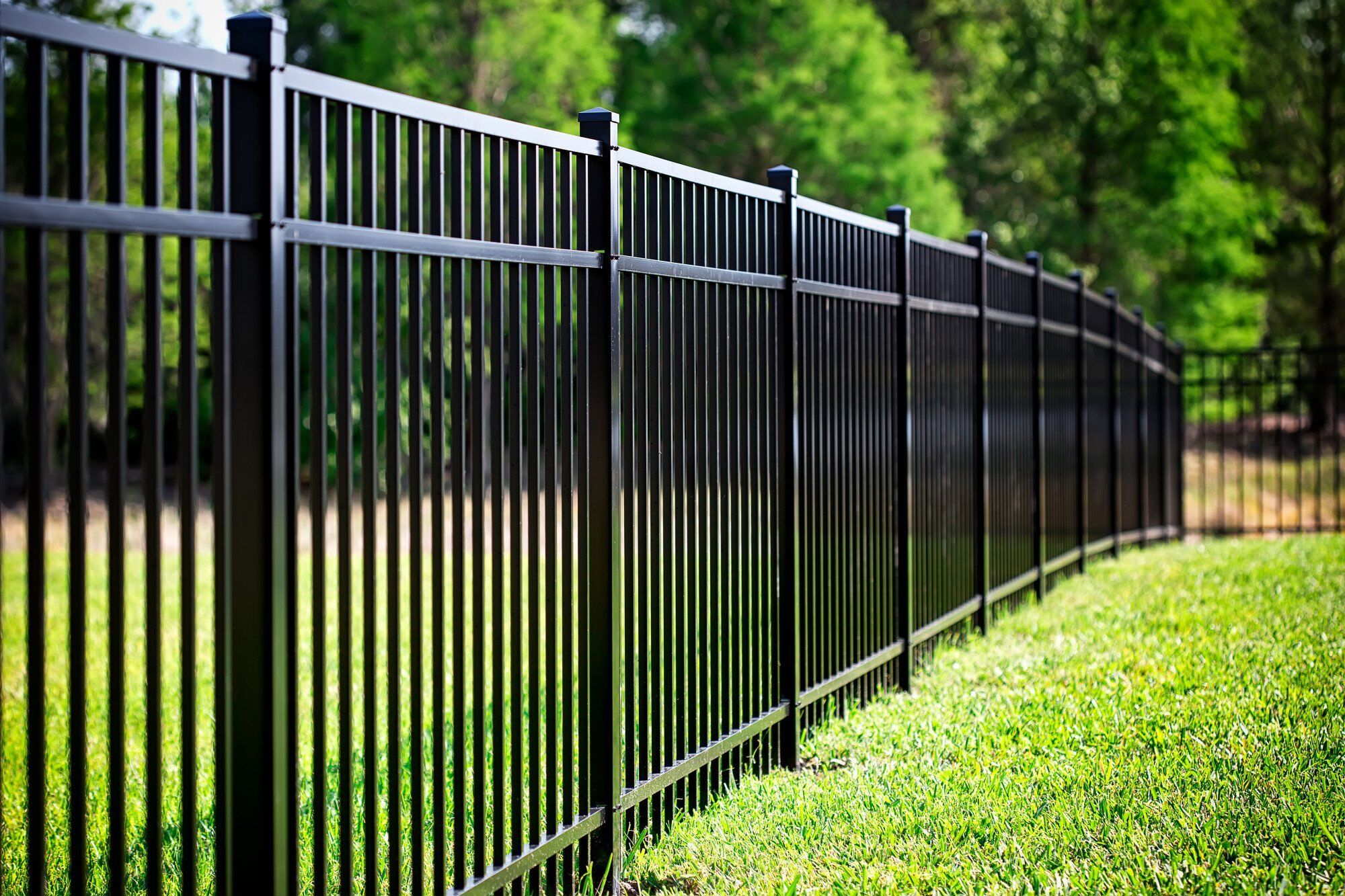All Categories
Featured
If you're thinking about setting up a fencing around your residential or commercial property, understanding the license requirements in your area is necessary. While developing a fencing could feel like a straightforward do it yourself project, several regulations might control its building depending upon where you live. Failing to acquire the correct permits can lead to penalties, penalties, and even needing to eliminate the fence altogether. In this guide, we'll break down the various permits you may need to mount a fence and how to guarantee your job stays compliant with neighborhood legislations.
Why Are Allows Required for Fence Setup? Permits are needed to guarantee that the fencing you develop adheres to regional structure codes, zoning guidelines, and safety standards. They make sure that the fence won't block energies, traffic circulation, or create risks for pedestrians.
![]()
Sorts Of Permits You May Need. Building Authorization. A structure license is one of the most typical need for mounting a fence. This authorization makes sure that the structure you construct follow regional safety and security codes and laws. You might need to get a building license if your fence surpasses a certain height (typically around 6 feet) The local authorities will commonly assess your plans to make certain that your fencing is secure and structurally audio.
Zoning Permit. A zoning authorization makes certain that your fencing conforms with these guidelines. Your fence could require to be established back a particular distance from walkways or residential property lines.
Homeowners Association (HOA) Authorization. You might require approval prior to installing a fencing if your property is part of a homeowners organization. HOAs usually have stringent guidelines pertaining to the kind, style, and materials used for fencings to maintain an uniform look throughout the neighborhood. The HOA might require you to send thorough plans or demand authorization before setup. See to it you adhere to these standards to prevent potential fines or fines.
Specialty Permits. In many cases, you might need specialty permits based on the location of your home or the nature of your fencing. If your property is in a flooding zone, you may require additional permits to make certain that your fencing does not block drain or water circulation. In a similar way, if you intend to construct a fencing near an eco safeguarded location, you might need an unique permit to abide with ecological guidelines.
![]()
Utility Easements and Utility Firm Approvals. Before setting up a fence, you must check if your home has an easement. Constructing a fence within an easement might conflict with energy upkeep or damages underground lines.
Just How to Determine Which Allows You Need. Contact Regional Authorities. The first step in establishing the permits called for is to contact your local building division or zoning office. They can supply certain information about what permits are required for your area. Several cities have on the internet resources or websites where you can examine the requirements or perhaps make an application for a permit online.
Speak With a Specialist Fence Service Provider. A neighborhood fence contractor is often acquainted with the permit process and neighborhood laws. They can assist you browse the requirements and guarantee that your project is certified. Numerous specialists also handle the authorization application process in your place, saving you time and effort.
Review Your Neighborhood's HOA Guidelines. Make certain to examine their guidelines prior to applying for any kind of licenses if you live in a neighborhood controlled by an HOA. The HOA might call for particular styles, materials, or height constraints for fences within the area. Submit your strategies to them for authorization before continuing.
![]()
Effects of Not Obtaining a License. Mounting a fence without the needed permits can lead to severe effects. You might encounter fines, be purchased to eliminate the fencing, or be called for to remodel the installment to meet code demands. In enhancement, marketing your home could be complicated if the fencing does not meet local regulations. Potential buyers might be reluctant to purchase a residential property with an unpermitted fencing, especially if it remains in offense of zoning laws.
Final thought. Prior to setting up a fencing on your residential property, make certain you comprehend the regional guidelines and obtain any kind of necessary licenses. Building licenses, zoning permits, HOA approvals, and specialty permits all play an important duty in ensuring that your fence is risk-free, legal, and certified. Taking the time to research study and safeguard the ideal licenses will certainly save you from pricey blunders and possible lawful problems in the future. Whether you're intending a personal privacy fence or a decorative border, complying with these steps will certainly aid make the setup procedure smooth and convenient.
Why Are Allows Required for Fence Setup? Permits are needed to guarantee that the fencing you develop adheres to regional structure codes, zoning guidelines, and safety standards. They make sure that the fence won't block energies, traffic circulation, or create risks for pedestrians.

Sorts Of Permits You May Need. Building Authorization. A structure license is one of the most typical need for mounting a fence. This authorization makes sure that the structure you construct follow regional safety and security codes and laws. You might need to get a building license if your fence surpasses a certain height (typically around 6 feet) The local authorities will commonly assess your plans to make certain that your fencing is secure and structurally audio.
Zoning Permit. A zoning authorization makes certain that your fencing conforms with these guidelines. Your fence could require to be established back a particular distance from walkways or residential property lines.
Homeowners Association (HOA) Authorization. You might require approval prior to installing a fencing if your property is part of a homeowners organization. HOAs usually have stringent guidelines pertaining to the kind, style, and materials used for fencings to maintain an uniform look throughout the neighborhood. The HOA might require you to send thorough plans or demand authorization before setup. See to it you adhere to these standards to prevent potential fines or fines.
Specialty Permits. In many cases, you might need specialty permits based on the location of your home or the nature of your fencing. If your property is in a flooding zone, you may require additional permits to make certain that your fencing does not block drain or water circulation. In a similar way, if you intend to construct a fencing near an eco safeguarded location, you might need an unique permit to abide with ecological guidelines.

Utility Easements and Utility Firm Approvals. Before setting up a fence, you must check if your home has an easement. Constructing a fence within an easement might conflict with energy upkeep or damages underground lines.
Just How to Determine Which Allows You Need. Contact Regional Authorities. The first step in establishing the permits called for is to contact your local building division or zoning office. They can supply certain information about what permits are required for your area. Several cities have on the internet resources or websites where you can examine the requirements or perhaps make an application for a permit online.
Speak With a Specialist Fence Service Provider. A neighborhood fence contractor is often acquainted with the permit process and neighborhood laws. They can assist you browse the requirements and guarantee that your project is certified. Numerous specialists also handle the authorization application process in your place, saving you time and effort.
Review Your Neighborhood's HOA Guidelines. Make certain to examine their guidelines prior to applying for any kind of licenses if you live in a neighborhood controlled by an HOA. The HOA might call for particular styles, materials, or height constraints for fences within the area. Submit your strategies to them for authorization before continuing.

Effects of Not Obtaining a License. Mounting a fence without the needed permits can lead to severe effects. You might encounter fines, be purchased to eliminate the fencing, or be called for to remodel the installment to meet code demands. In enhancement, marketing your home could be complicated if the fencing does not meet local regulations. Potential buyers might be reluctant to purchase a residential property with an unpermitted fencing, especially if it remains in offense of zoning laws.
Final thought. Prior to setting up a fencing on your residential property, make certain you comprehend the regional guidelines and obtain any kind of necessary licenses. Building licenses, zoning permits, HOA approvals, and specialty permits all play an important duty in ensuring that your fence is risk-free, legal, and certified. Taking the time to research study and safeguard the ideal licenses will certainly save you from pricey blunders and possible lawful problems in the future. Whether you're intending a personal privacy fence or a decorative border, complying with these steps will certainly aid make the setup procedure smooth and convenient.
Latest Posts
A Hassle-free Method to Offer Your Automobile
Published Apr 21, 25
1 min read
Montclare Auto Repair: Your Reliable Expert for Expert Brake & Engine Fixes
Published Apr 21, 25
2 min read
Check Out Top-Quality Car Maintenance from Car-X St. Louis – Your One-Stop Shop
Published Apr 21, 25
1 min read
More
Latest Posts
A Hassle-free Method to Offer Your Automobile
Published Apr 21, 25
1 min read
Montclare Auto Repair: Your Reliable Expert for Expert Brake & Engine Fixes
Published Apr 21, 25
2 min read
Check Out Top-Quality Car Maintenance from Car-X St. Louis – Your One-Stop Shop
Published Apr 21, 25
1 min read